Top 5 Open Source Case Management Tools for Law Firms (2025)

Legal technology is evolving fast, and so are the needs of law firms. Traditional case management software often comes with high licensing costs, limited flexibility, and concerns around data control. That’s where open-source solutions are changing the game. Whether you’re a solo practitioner or managing a midsize firm, open-source case management software offers the freedom to tailor your systems without the usual vendor lock-ins, at a fraction of the cost.
With that in mind, let’s explore some of the best open-source case management solutions that legal professionals are turning to in 2025 for smarter, more scalable workflows.
What Is Case Management Software?
Case management software gives law firms a centralized platform to store, access, and manage essential client data. This includes case notes, contact information, appointments, client communications, billing details, and more. choosing the right case management software is crucial whether you’re a solo practitioner or part of a larger firm.
The Power of Open Source Software
One of them is Freedom and Flexibility. With them, you have complete access to the source code. This means you can customize and tailor the software to meet your exact needs. Unlike proprietary software, which locks you into a specific vendor, OSS provides freedom and flexibility.
Another advantage is Cost-Effectiveness. They are often free to use, which significantly reduces costs for businesses and individuals. You don’t need to pay licensing fees, making it an attractive option for organizations with tight budgets.
High Quality is also an advantage that you could look forward to. The collaborative nature of OSS encourages rigorous code review and testing. Many eyes scrutinize the code, leading to improved quality and reliability.
One of the most important advantages is Security. While no software is entirely immune to vulnerabilities, it benefits from community scrutiny. Security issues are promptly identified and addressed, making OSS a secure choice.
OSS thrives on collaboration. Developers, users, and enthusiasts contribute to its growth. Communities foster innovation, share knowledge, and drive continuous improvement so Innovation via Communities is a recognizable benefit.
How can case management software improve efficiency in law practices?
Case management software plays a crucial role in enhancing efficiency for law firms. Here’s why:
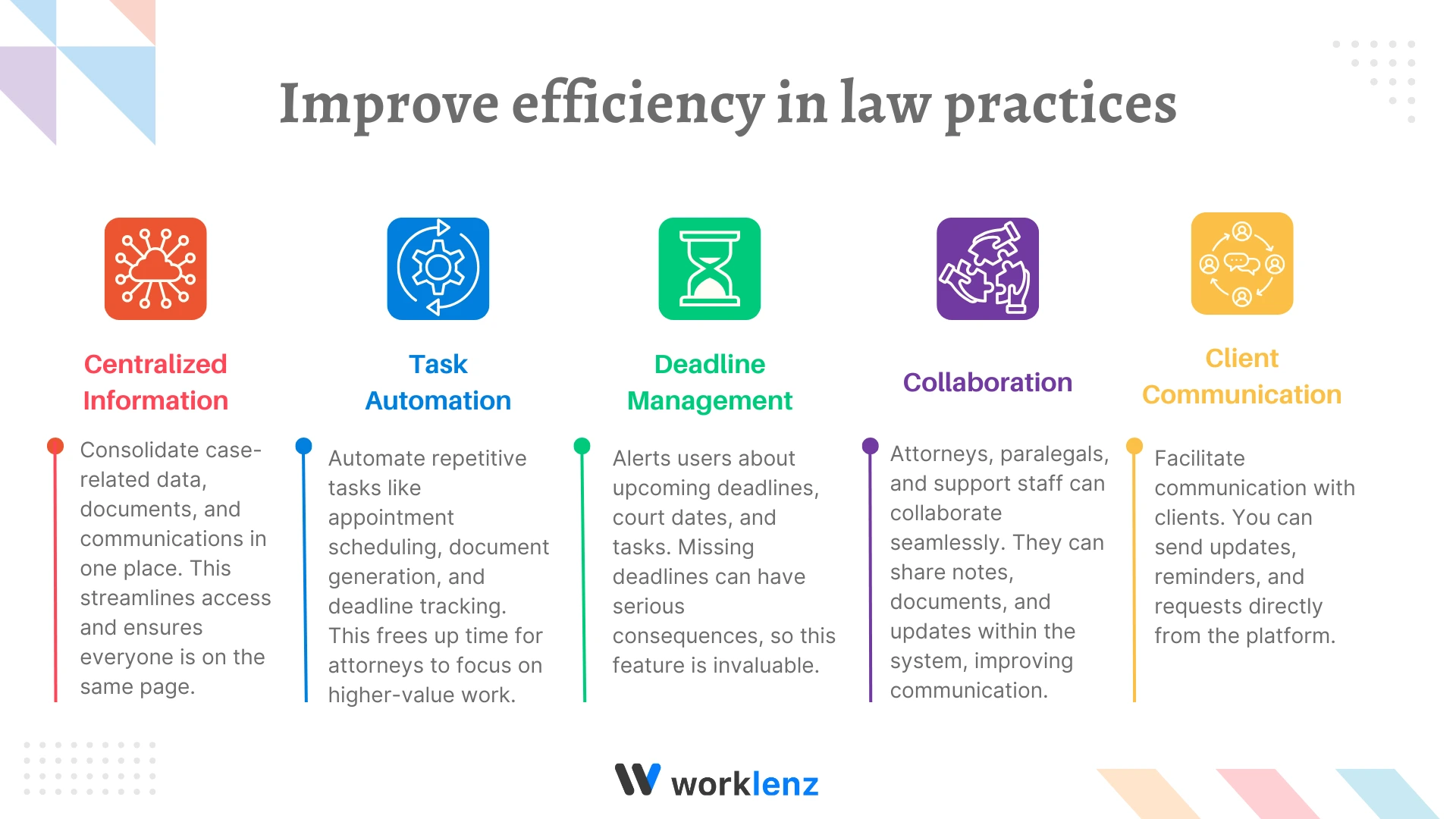
1.Centralized Information
Case management tools consolidate case-related data, documents, and communications in one place. This streamlines access and ensures everyone is on the same page.
2.Task Automation
These tools automate repetitive tasks like appointment scheduling, document generation, and deadline tracking. This frees up time for attorneys to focus on higher-value work.
3.Deadline Management
Case management software alerts users about upcoming deadlines, court dates, and tasks. Missing deadlines can have serious consequences, so this feature is invaluable.
4.Collaboration
Attorneys, paralegals, and support staff can collaborate seamlessly. They can share notes, documents, and updates within the system, improving communication.
5.Client Communication
Case management tools facilitate communication with clients. You can send updates, reminders, and requests directly from the platform.
In summary, these tools streamline processes, reduce manual work, and enhance overall productivity
The Benefits of Open-Source Case Management for Law Firms: Key Stats
Studies show that open-source case management tools can significantly boost efficiency and reduce costs for law firms. According to Clio’s 2024 Report, 67% of law firms experienced increased productivity after adopting case management software, with many opting for open-source solutions due to cost savings. Additionally, the American Bar Association (ABA) highlights that law firms utilizing automation tools have reduced administrative tasks by 30%, allowing more focus on client work. These statistics underline the strong ROI that law firms can achieve by switching to open-source solutions.
Key Considerations for Selecting Case Management Software
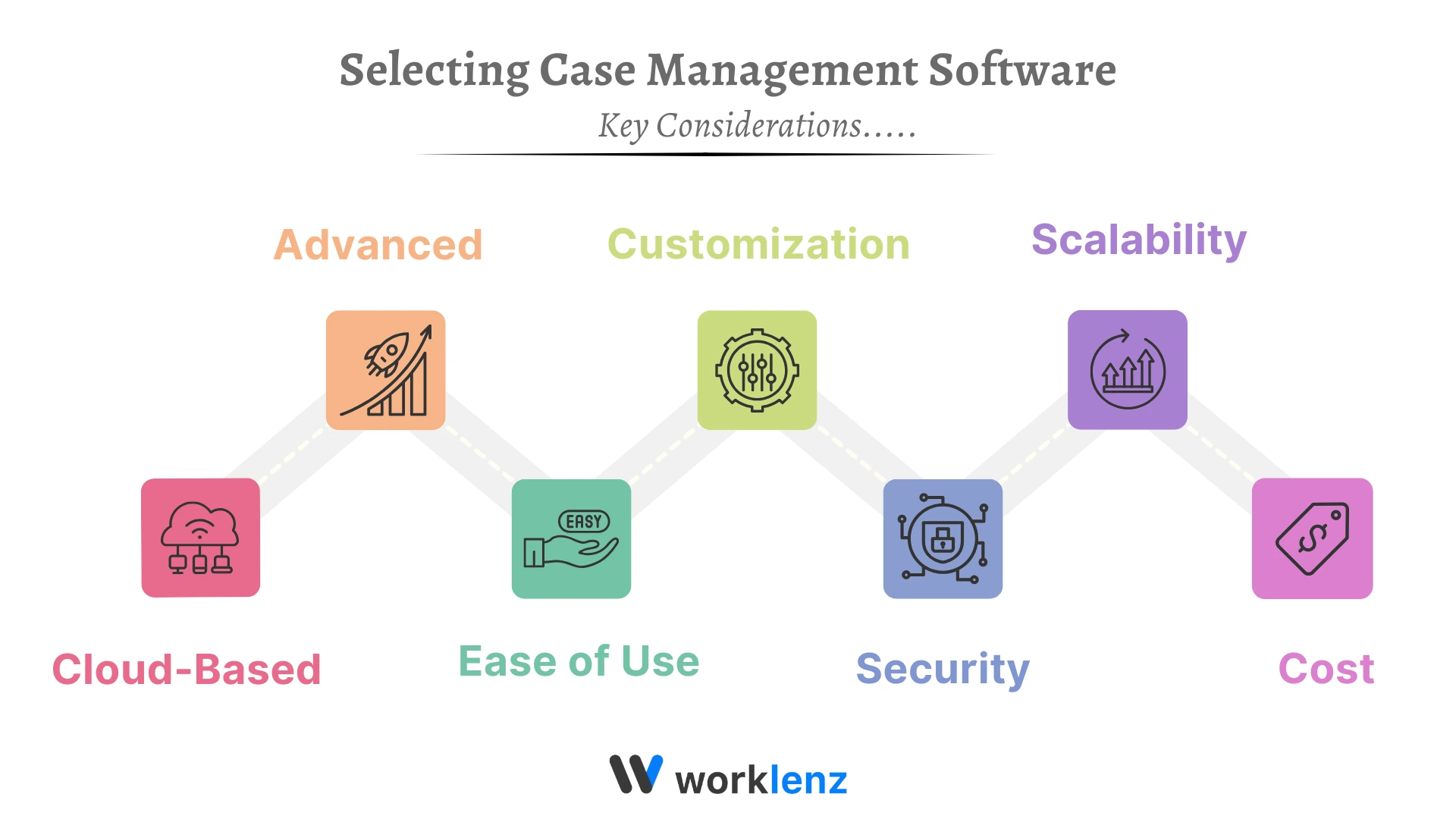
Advanced Integrations
- Look for software that prioritizes integrations. Most law firms use multiple tools daily, such as case management software, email platforms, and accounting software. Seamless integration ensures data flows smoothly between these tools, preventing data silos and enhancing clarity.
Cloud-Based Solutions
- Opt for cloud-based case management software. With remote work becoming the norm, the ability to work from anywhere, anytime, and on any device is essential.
Functionality
- Evaluate whether the software meets your specific needs. Look for features like document management, task tracking, and client communication.
Ease of Use
- User-friendly interfaces are essential. The software should streamline tasks rather than create additional complexity.
Customization
- Opt for software that allows customization. Each law firm has unique workflows and requirements.
Security
- Ensure the software complies with data protection regulations. Security is critical for client confidentiality.
Cost
- Consider both upfront costs and ongoing fees.
Remember, the best choice depends on your firm’s specific needs. Research thoroughly and explore free options that align with your requirements.
Solving Common Law Firm Challenges
Law firms deal with sensitive client data, legal documents, and strict regulations. Open-source case management tools help solve key challenges:
-
Regulatory Compliance – Stay compliant with GDPR, HIPAA, and other laws by self-hosting and controlling data security measures.
-
Client Confidentiality – Protect case files with transparent security protocols and customizable encryption options.
-
Efficient Document Management – Automate organization, search, and legal research integrations to reduce manual work.
-
Customizable Workflows – Adapt the software to match your firm’s unique processes and scale as needed.
-
Cost Savings – Avoid high licensing fees and vendor restrictions, keeping full control over your system.
With open-source tools, law firms can enhance security, streamline operations, and cut costs, all while maintaining compliance.
Top Open-Source Case Management Software Providers
01. ClinicCases
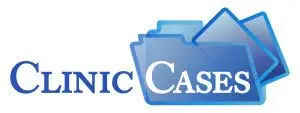
ClinicCases is a web-based case management solution specifically designed for law school clinics. It offers features like case queries, time management, data export (PDF, CSV, and TXT), calendar management, and time reports.
Hosting Options: Users can install ClinicCases on their servers or use the vendor’s paid hosting service, which provides free software setup and configuration.
Technology Stack: ClinicCases uses PHP and MySQL.
02. ArkCase

Arkcase is a flexible and scalable case management platform designed for various industry verticals, including FOIA, Complaint Management, Incident Management, and Correspondence Management.
Features:
Customizable templates for task management. Secure hosting on U.S.-based AWS servers. Integration with AI tools for competitive advantage. Client intake forms and interactive portals. Document generation and e-sign functionality.
Scalability: ArkCase Community Edition is suitable for small to mid-size firms.
03. CaseFox

CaseFox is a web-based timekeeping and billing solution with legal case management features.
Key Features:
Task management, client management, and time tracking. Legal document management system. Calendar management and accounting capabilities. The free plan covers two active users and four cases.
Use Cases: Ideal for solo practitioners and small to mid-size firms.
04. Dibcase
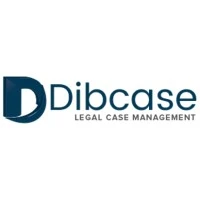
Dibcase is the best-in-class Social Security case management software for attorneys and advocates.
Features
- Billable time tracking, document management, and invoice management.
- Integration with SSA and VA offices.
- Custom case stages and interactive client portal.
- E-sign functionality and lead management tools.
Deployment: Dibcase is cloud-based.
05. MyLegalNet
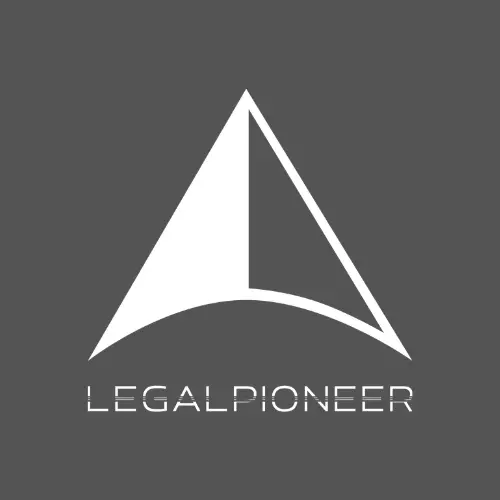
MyLegalNet is an open-source case management system that performs standard functions like managing case files, documents, invoices, expenses, matters, and appointments.
API Integration: It provides a robust API for integration with court systems.
Use Case: Suitable for legal professionals seeking an efficient case management solution
06. Worklenz

Worklenz stands out as a versatile, open-source task management tool that can seamlessly adapt to case management requirements for law firms. Its robust features enable legal professionals to organize case files, assign tasks, and monitor deadlines efficiently. The platform is self-hosted, offering enhanced data privacy and compliance—key considerations for law practices. With Worklenz, law firms can streamline workflows, enhance team collaboration, and ensure timely client communication.
Key Features
-
Customizable Workflow Management: Tailor case workflows to match the unique needs of your firm.
-
Secure Data Handling: A self-hosted option ensures sensitive legal data remains confidential.
-
Integrated Communication Tools: Facilitates seamless collaboration among attorneys and staff.
-
Task Prioritization and Deadlines: Keeps your team on track with automated task reminders and milestone tracking.
-
Open Source Flexibility: Modify and scale the platform to suit your firm’s evolving demands.
Why choose Worklenz for Case Management?
Worklenz combines simplicity with powerful features, making it ideal for small to medium-sized law firms looking for a cost-effective yet reliable solution.
Try Worklenz Today
Discover how Worklenz can transform your law firm’s case management. Visit Worklenz to learn more.
Example: How a Law Firm Can Use Worklenz for Efficient Case Management
Johnson & Co. Law Firm handles various legal cases, from personal injury to corporate litigation. By adopting Worklenz’s open-source case management system, they can streamline case tracking, enhance document collaboration, and improve client communication.
-
Case Tracking: Worklenz enables the firm to create separate tasks for each case, assign deadlines, and monitor progress. This ensures nothing falls through the cracks.
-
Document Management: Lawyers can upload case-related documents, organize them by case type, and share them securely with clients.
-
Collaboration: Teams can collaborate in real-time on case files, leaving comments and updates on task progress, ensuring everyone is on the same page.
-
Client Communication: The firm utilizes Worklenz’s messaging feature to send regular case updates to clients, keeping them informed at every stage.
With Worklenz, Johnson & Co. can reduce case management time by 30%, allowing their attorneys to focus more on their clients.
When considering open-source case management software for law firms, it’s also important to note the cost-saving potential. By opting for open-source solutions like Worklenz, law firms can reduce the financial burden of expensive proprietary software. Learn more about how enterprises can save costs by using open-source task management tools.
Future Trends in Case Management Software for Law Firms
Let’s explore the future trends in case management software for law firms, focusing on how AI, automation, collaboration, and communication are shaping the industry:
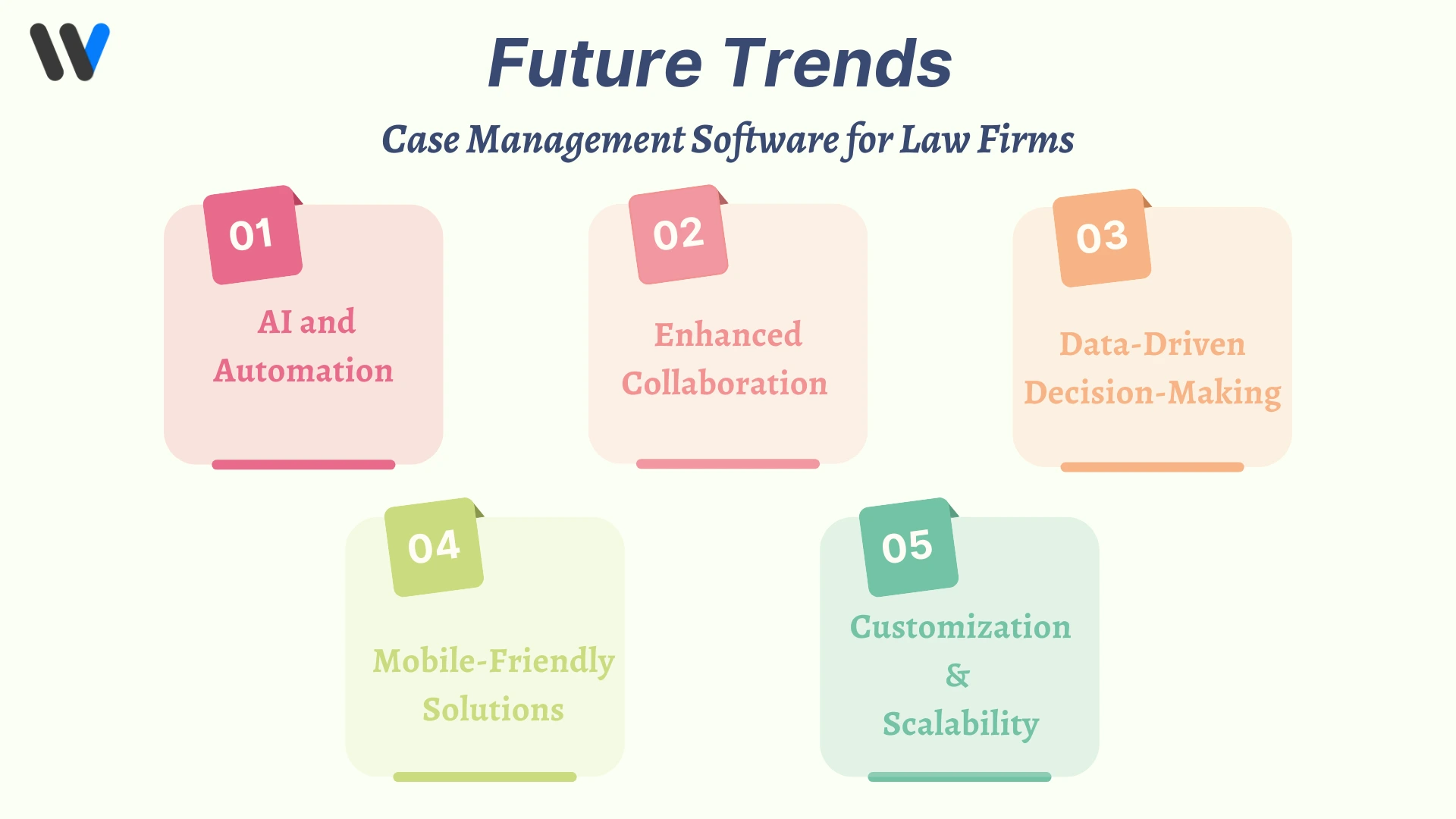
01. Integration of AI and Automation
-
AI-driven Insights: Case management tools will increasingly leverage artificial intelligence (AI) to analyze data, predict outcomes, and provide actionable insights. For example, AI can help identify patterns in legal cases, recommend strategies, and optimize workflows.
-
Automated Processes: Routine tasks like document generation, appointment scheduling, and deadline tracking will become more automated. This frees up attorneys’ time and reduces manual effort.
02.Enhanced Collaboration and Communication
-
Unified Platforms: Modern case management software will integrate seamlessly with other tools (email, accounting, etc.). Attorneys can collaborate within a single platform, sharing notes, documents, and updates.
-
Client Portals: Expect improved client communication through secure portals. Clients can access case updates, share information, and communicate directly with their legal team.
03.Predictive Analytics and Data-Driven Decision-Making
-
Predicting Case Outcomes: AI algorithms will analyze historical data to predict case outcomes, helping attorneys make informed decisions.
-
Resource Allocation: Tools will optimize resource allocation by identifying which cases require more attention and which can be streamlined.
04.Mobile-Friendly Solutions
- Work Anywhere, Anytime: Cloud-based case management software accessible via mobile devices will empower attorneys to work remotely. This flexibility is crucial in today’s dynamic legal landscape.
05.Customization and Scalability
- Tailored Solutions: Firms will seek customizable software that adapts to their specific workflows and needs.
Scalability: As firms grow, case management tools must scale efficiently without compromising performance.
In summary, the legal industry is embracing technology, and case management software will continue to evolve, enhancing efficiency, collaboration, and client service. Exciting times lie ahead!
FAQ: Open-Source Case Management Software for Law Firms
1. What are the benefits of using open-source case management software for law firms?
Open-source case management software is cost-effective, customizable, and secure. It allows you to tailor the software to your needs without high licensing fees, and the open-source community ensures regular updates and improvements.
2. How secure is open-source case management software?
Open-source software can be very secure. It uses encryption, secure login methods, and regular reviews by the community to fix any issues. Many open-source tools also meet privacy standards like HIPAA and GDPR.
3. Can open-source software integrate with other tools used by law firms?
Yes, many open-source case management systems can integrate with other law firm tools, such as document management and email platforms. These integrations help streamline your workflow.
4. Is open-source case management software scalable?
Yes, open-source tools are scalable. As your firm grows, you can easily add features, adjust workflows, and expand server capacity to handle more cases.
5. What challenges might I face with open-source case management software?
Some challenges include the need for technical expertise for setup and maintenance, as well as the lack of dedicated support teams. You may also need extra time to customize the software.
6. How do I get started with open-source case management software?
Start by evaluating your firm’s needs, then choose the right software. Install and customize it, train your team, and keep the software updated with new releases.
Final Thoughts
Selecting the right case management software is crucial for law firms aiming to enhance productivity, improve client relations, and maintain seamless operations. Open-source tools provide a unique advantage, combining flexibility, customization, and cost-effectiveness. By leveraging the power of open-source solutions, your firm can stay ahead in a competitive legal landscape while retaining control over sensitive client data.
Whether you’re managing case documentation, client communication, or billing processes, investing in the right software tailored to your firm’s needs will pay dividends in the long run.
Looking for more insights on optimizing your law firm’s workflow? Check out our guides on How Self-Hosted Task Management Tools Can Streamline HR Operations and Why Open-Source Task Management is Ideal for Remote Teams to explore more benefits of open-source solutions.
Take the Next Step
Ready to empower your law firm with a cutting-edge case management solution? Worklenz offers a flexible, self-hosted platform designed to help legal teams streamline their workflows with ease. With robust features and open-source capabilities, Worklenz ensures secure and efficient management of your cases and client data.
Discover how Worklenz can transform your legal practice start your free trial today!